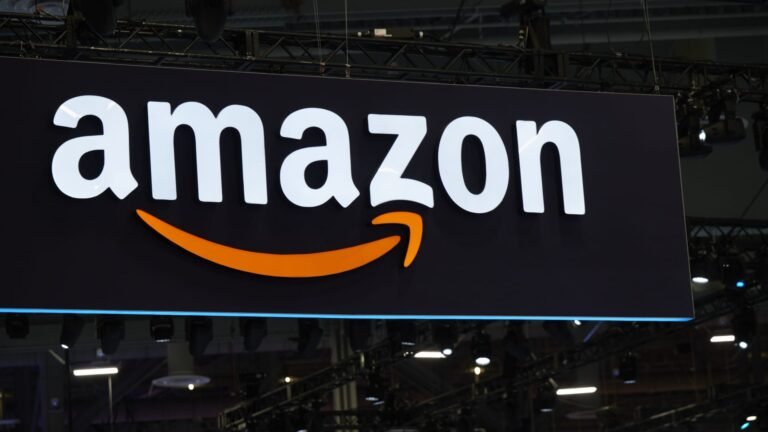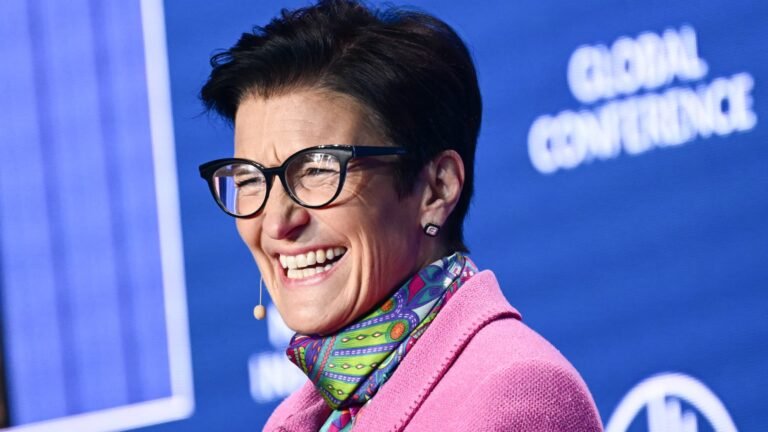
In this article, Merck issued full-year 2025 revenue guidance on Tuesday that was below Wall Street’s expectations due to a temporary pause in shipments of a key vaccine to China. The company’s shares dropped by 11% on the same day. Merck forecasts 2025 sales between $64.1 billion and $65.6 billion, lower than the $67.31 billion anticipated by analysts surveyed by LSEG. The sales range reflects the decision to halt Gardasil shipments to China from February through at least mid-2025.
Gardasil is a vaccine that prevents cancer caused by HPV, the most common sexually transmitted infection in the U.S. Investors have been concerned about the sales of this vaccine in China, as the country accounts for the majority of its international revenue. The lower end of Merck’s revenue guidance assumes no further shipments to China, with sales projected to be less than $1 billion at the high end.
Merck’s CEO, Robert Davis, mentioned on an earnings call that Gardasil inventory in China remains high, and the demand for the vaccine has not recovered as expected due to factors like softer consumer spending. The pause in shipments aims to reduce excess inventory rapidly and support the financial position of its commercialization partner in China, Zhifei. The company hopes this pause will help Gardasil return to a more normal market dynamic, allowing the underlying demand to absorb Zhifei’s inventory.
Merck withdrew its $11 billion annual sales target for Gardasil due to the uncertain economic recovery timing in China, as stated by the company’s CFO, Caroline Litchfield. However, Merck believes there is still a path to achieving that revenue goal. Sales of Gardasil are crucial for Merck to offset losses from its top-selling cancer therapy Keytruda, which will lose exclusivity in 2028. Merck is optimistic that Gardasil’s expanded approval for men ages 9 to 26 in China will boost the vaccine’s uptake.
Merck expects full-year adjusted earnings of $8.88 to $9.03 per share, aligning with analysts’ expectations. The outlook includes a charge of approximately 9 cents per share related to Merck’s license agreement with LaNova. Sales of Keytruda, other oncology medicines, and the company’s newly launched cardiovascular treatment helped Merck exceed expectations for the fourth quarter of 2024.
In the fourth quarter, Merck reported a net income of $3.74 billion, or $1.48 per share, compared to a net loss of $1.23 billion, or 48 cents per share, in the same period the previous year. Excluding certain costs, Merck earned $1.72 per share for the quarter. The company’s revenue for the quarter was $15.62 billion, a 7% increase from the same period a year ago.
Merck’s pharmaceutical unit generated $14.04 billion in revenue during the fourth quarter, up 7% from the previous year. Keytruda sales reached $7.84 billion, a 19% increase from the year before, driven by higher uptake for various cancers. Gardasil sales were $1.55 billion, down 17% from the fourth quarter of 2023. Januvia sales decreased to $487 million, a 38% drop from the previous year, mainly due to pricing, supply constraints, and competition from generic drugs.
Merck’s animal health division, focusing on vaccines and medicines for animals, reported sales of nearly $1.4 billion, up 9% from the same period a year ago, attributed to higher pricing across its product portfolio.




